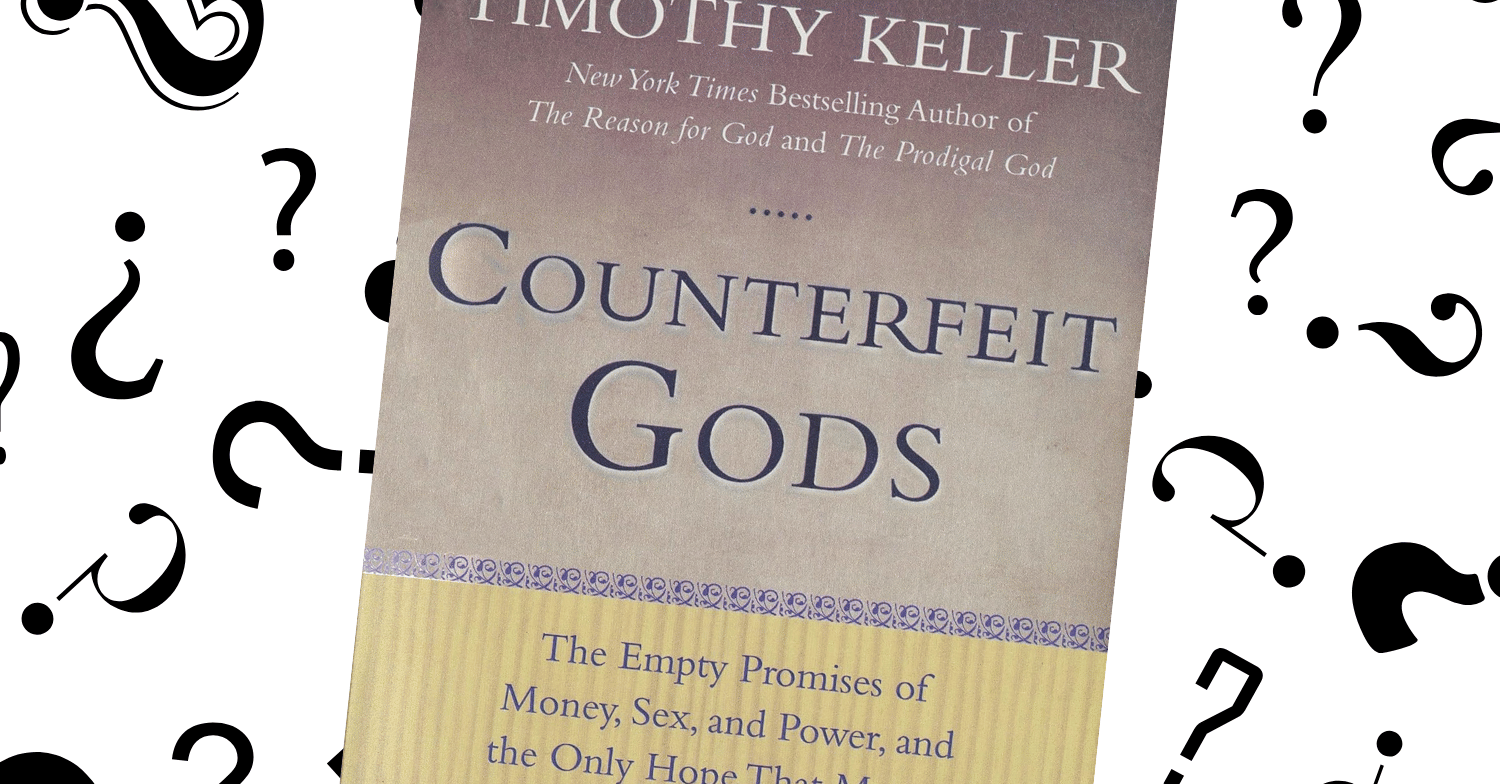
This post accompanies the sermon from May 11, 2025 titled, "How do I know what my idols and gods are?" It was Part 2 in our sermon series on the 10 Commandments called The Royal Family Code.
Toward the end of the sermon I highlighted four questions by pastor Tim Keller from his book "Counterfeit Gods" (pages 168-9). I indicated that I would put them on this website in blog form so you could take some time to ponder them more thoroughly.
As I discussed in the sermon, in original context idols were usually made of wood or stone and were physical representations of various "gods." One of the applications of the first two commandments is that there are real, dark powers behind false religion. If you engage in them, they will bring harm into your life and the life of your family.
Another application is a bit more common: Putting God first in your life. If we give anything ultimate priority except for God we are engaging a kind of modern idolatry. Richard Baxter writes: “to love something disproportionately is to turn from God” (Depression, Anxiety and the Christian Life, 136). None of us would probably admit that we do that. That’s why Keller's questions can help.
1. What do you habitually think about to get joy and comfort in the privacy of your heart?
Our alone time says a lot about us. What we spend time on to find joy and comfort, generally speaking, might reveal to us something about our ultimate commitments.
2. How do you spend your money?
I probably spend the most money on my mortgage payments and bills. That doesn’t mean that I worship my house! It just means that life in Canada is expensive.
This question is more about how you spend expendable income. We all spend money on this or that, but are there certain areas where our expenditure is disproportionate to what is healthy? This might reveal to us something about our ultimate commitments.
3. What are you really living for?
What are we most committed to? What do we really want out of life? Is it money? Is it to be admired by others? Is it our children obtaining some sort of worldly success? Is it picture-perfect looks? Be honest. This might reveal to us something about our ultimate commitments.
4. What are your most uncontrollable emotions?
When certain things happen and we get really upset (or when certain things don't happen and we get really upset), or when we get really excited about something that doesn’t really matter that much, what does this tell us about our true priorities? Our out-of-proportion emotions may reveal to us something about our ultimate commitments.
In another one of his books, Making Sense of God, Keller offers this helpful comment: “you harm yourself when you love anything more than God” (91).
God is our King, Saviour and Father. He wants what is best for you. He loves you too much to let you blindly volunteer for deception and agony.
Let's honour God and give him first place in our lives. And let's make sure nothing or no one else takes the throne that exclusively belongs to him.
